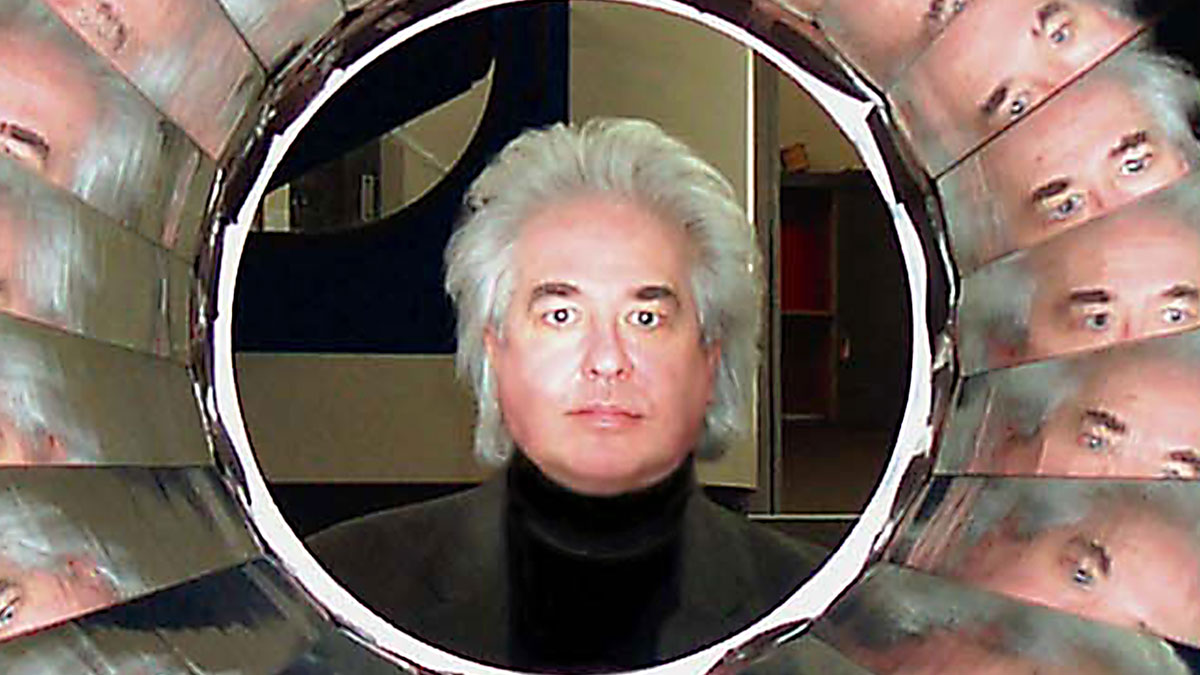 Supplied
SuppliedA University of Alberta professor was part of the discovery of the Higgs Boson particle in 2012, and now, he’s being recognized with the university’s most prestigious research award.
The Kaplan Award for Excellence in Research is awarded annually to recognize significant contributions to knowledge in science and arts. This year, Department of Physics professor James Pinfold received the award for his work in particle physics.
Pinfold’s contributions to science include his work on the Higgs Boson, the particle that gives entities mass. This research was done at the Large Hadron Collider (LHC) in Switzerland and France, where Pinfold now leads the U of A’s own experiment which is currently searching for the particle responsible for magnetism.
Particle research is important for many reasons, Pinfold said. Just like the space race, many technologies have been used in everyday life. The Internet, for example, was invented at the European Organization for Nuclear Research (CERN), the largest particle physics laboratory in the world.
“We’re not put on this planet to eat, propagate and die,” Pinfold said. “We want to be part of bigger things. We want to explore, to understand. That’s what we are as human beings.”
Pinfold was hired in 1992 to start up the U of A’s particle physics effort. Before that, he worked in Europe, studying particle physics at the CERN near Geneva, Switzerland.
Though he’s based in Alberta, he’s always going back and forth to work at the CERN and the LHC — currently the biggest laboratory in the world studying fundamental physics. He had started these work trips long ago as a student in 1972. Now, Switzerland is like a second home, Pinfold said.
Pinfold’s fascination with the universe started as a child, he said. Growing up in London, England, he never saw the stars until a trip to a planetarium around the age of 10. Pinfold was “flabbergasted” when he saw the stars, he said. He quickly became interested in science and the big questions of the universe — on the smallest scale.
“Instead of going outwards to the stars, I found I was more interested in going inwards, to the quantum universe,” Pinfold said.
Pinfold’s career has closely followed the development of quantum physics, which has made great progress in the past 50 years due to advancements in technology.
As a graduate student, Pinfold was on a team that discovered the “neutral current,” which was the first evidence the unification of two of the four fundamental forces of the universe. This ended up becoming part of his thesis.
The descriptions of forces and particles are found in the Standard Model of particle physics, which has most recently been updated with the discovery of the Higgs Boson. The Standard Model encompasses what is known about the universe’s particles and forces. As Pinfold’s career progressed, his work tested and refined the Standard Model. His career has been discovering, exploring, and finishing off the Standard Model.
“I’ve been there from the beginning to the end,” Pinfold said of the Standard model.
Now Pinfold is moving outward into a new physics. He is currently leading a research team working to discover the particle responsible for magnetism: the magnetic monopole. The experiment, named MoEDAL, is expected to make big discoveries in the future, he said.
There are certainly challenges that come with studying subatomic particles, Pinfold said. The technology needed to study these things is very expensive — the LHC for example costs $1 billion to run every year. Armies of people in technology, research and mathematics are needed to complete experiments, Pinfold said.
Pinfold added that he’s glad to see the university supporting research in his area. Earning the Kaplan Award has shown Pinfold that the U of A is still interested in fundamental research and answering “the big questions.”
“As a university should be,” Pinfold said. “When (research) is all applied, the institution … can be a good university, but not a great university.”
Research in particle physics goes beyond the interest of academia, however. It’s an area that most people find fascinating, Pinfold said. For him, searching for the answers of the biggest questions of the universe is part of what makes us human.
“There is a wonder and an excitement in (physics) …Why do people find it fascinating? Why do we listen to music? Your survival does not depend on you liking music, but it would be a much worse life it if weren’t for that,” he said.
“I think it’s an urge of human beings to create and explore. To be involved in the big questions, the beautiful works of art.”




